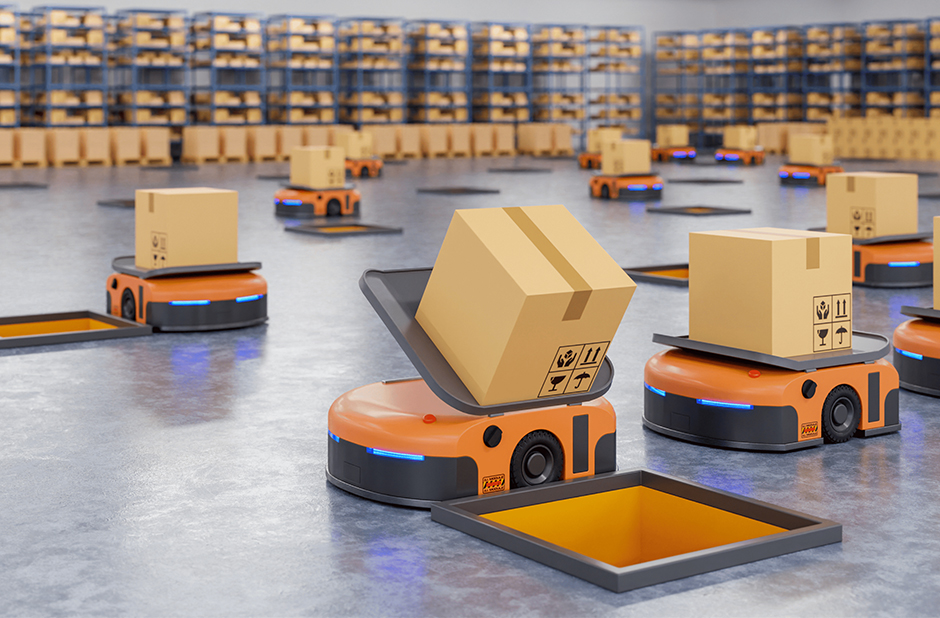Lithium-ion batteries are increasingly becoming a critical component in the evolution of intelligent warehousing and logistics. Here are some key points highlighting their significance in this context:
1. Enhanced Efficiency and Performance
High Energy Density: Lithium-ion batteries provide a higher energy density compared to traditional lead-acid batteries, allowing for longer operational times and reduced downtime for charging.
Fast Charging Capabilities: These batteries can be charged quickly, enabling equipment to return to service faster, which is crucial in high-demand warehousing environments.
2. Automation and Robotics
Powering Automated Guided Vehicles (AGVs): Lithium-ion batteries are commonly used in AGVs and autonomous mobile robots (AMRs) that are integral to modern warehousing operations. Their lightweight and efficient power supply enhance the performance of these automated systems.
Support for IoT Devices: Many intelligent warehousing solutions rely on IoT devices for real-time data collection and monitoring. Lithium-ion batteries can power these devices, ensuring continuous operation and connectivity.
3. Sustainability and Environmental Impact
Reduced Carbon Footprint: The use of lithium-ion batteries contributes to lower emissions compared to fossil fuel-powered equipment, aligning with sustainability goals in warehousing and logistics.
Recyclability: Advances in battery recycling technologies are making it easier to recover valuable materials from lithium-ion batteries, promoting a circular economy.
4. Smart Battery Management Systems (BMS)
Real-Time Monitoring: Lithium-ion batteries equipped with advanced BMS can provide real-time data on battery health, charge levels, and performance metrics, allowing for proactive maintenance and management.
Predictive Analytics: Data collected from BMS can be analyzed to predict battery life and performance, helping warehouses optimize their energy usage and reduce operational costs.
5. Flexibility and Scalability
Modular Solutions: Lithium-ion battery systems can be designed to be modular, allowing warehouses to scale their energy solutions according to their specific needs and growth.
Adaptability to Various Equipment: These batteries can be used across a wide range of equipment, from forklifts to conveyor systems, making them a versatile choice for intelligent warehousing.
6. Cost-Effectiveness
Lower Total Cost of Ownership: Although the initial investment in lithium-ion batteries may be higher, their longer lifespan, reduced maintenance needs, and efficiency can lead to lower total costs over time.
Increased Productivity: The enhanced performance and reliability of lithium-ion batteries contribute to higher productivity levels in warehousing operations.
Lithium-ion batteries are indeed a driving force behind the advancement of intelligent warehousing. Their efficiency, sustainability, and compatibility with automation technologies make them essential for modern logistics operations. As the industry continues to evolve, the role of lithium-ion batteries is expected to grow, further enhancing the capabilities of intelligent warehousing solutions.

Post time: Jan-21-2025
